B.A.C Feeding Chart | Usage Guide
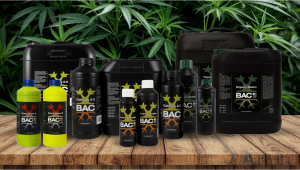
- 1. B.a.c additives
- 1. a. Root stimulator
- 1. b. Bloom stimulator
- 1. c. Foliar spray (leaf nutrients)
- 1. d. Pro active
- 1. e. Silica power
- 1. f. F1 extreme booster
- 1. g. Final solution
- 2. Base mineral products
- 2. a. Nutrients for soil
- 2. b. B.a.c mineral feeding schedule for photoperiodics in soil (ml/l)
- 2. c. Nutrients for coco and hydro
- 2. d. B.a.c mineral feeding schedule for photoperiodics in coco and hydro (ml/l)
- 3. Organic products
- 3. a. Organic grow
- 3. b. B.a.c organic feeding schedule for photoperiodics (ml/l)
- 4. What about autoflowers?
- 5. Recommended growing conditions
- 6. In conclusion
Biological Activated Cocktail’s (aka B.A.C) is a company specialized in fertilizers, grow and bloom stimulants, and invigorators, the company first started with roses but soon enough developed their products for a wide range of plants, including cannabis seeds. Their award-winning products allow growers with all levels of expertise to grow healthy plants either organically or inorganically, without much hassle; So, learn more about B.A.C products for all setups, NPK fertilizer ratio, more info about their additives, and a specific feeding schedule for photos or autoflowers.
1. B.A.C Additives
Apart from the high-quality organic nutrients we’ll be talking about further into this article, B.A.C also offers a couple of additives designed for either soil, coco, or hydro.
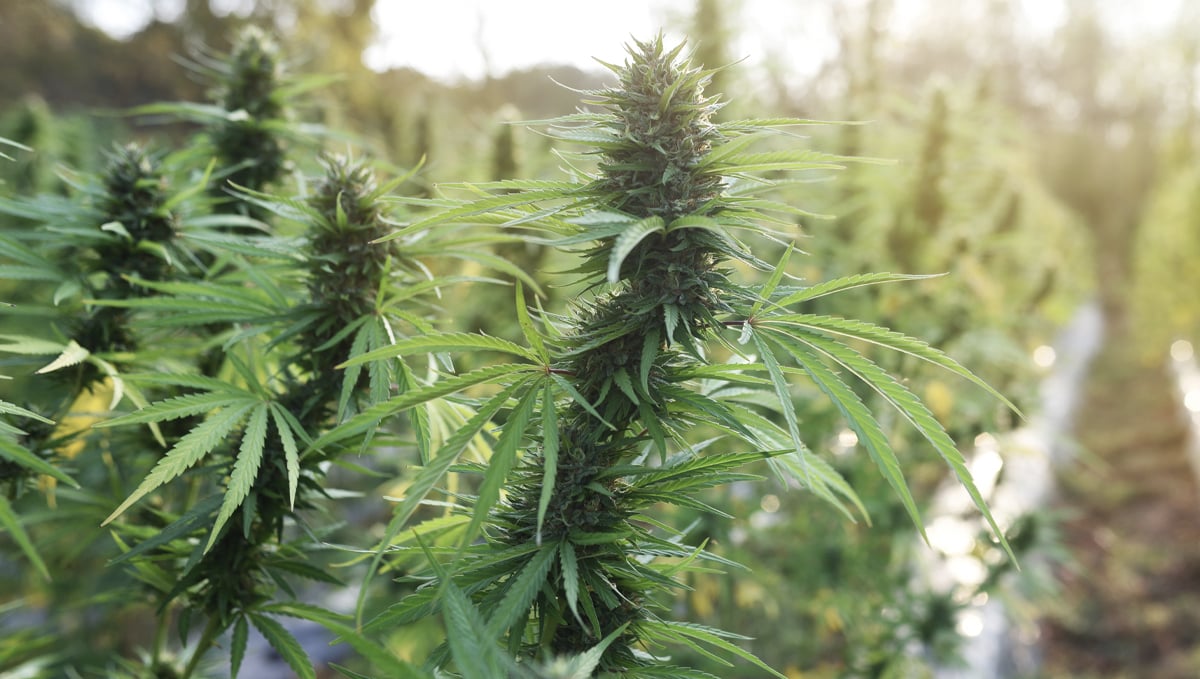
These products contain different ratios of NPK but you’ll be using the same mineral additives with all of them, so here’s a bit of information about them, have in mind that some of them are optional so we’ll indicate a couple of advantages to help you decide if you need to use it or not.
Root Stimulator
This product is a strong root stimulator that boosts beneficial microorganism growth in your preferred substrate, creating a symbiotic relationship that will allow your roots to thrive due to the microorganisms creating oxygen for the roots to breathe while improving nutrient absorption.
Benefits:
- Protects root environment against diseases;
- Adjusts pH in the root zone;
- Enhances root growth.
This is a fully organic additive and can be used with any cultivation substrate. Roots stimulator from BAC is a meticulously designed, fully-concentrated liquid solution that will significantly increase the number of beneficial microorganisms present in the soil. Big yields with the most potent flowers all start with a healthy root system, although the root ball is an easy part of the plant system to overlook - especially if you are growing in soil or coco-coir where it is totally hidden below ground. Give your plants the best chance at hitting their genetic peak and add ROOT STIMULATOR by BAC to every crop. This can be used to dose the medium before planting, or as an additive at any point in the grow cycle.
Aside from exposing your plants to adequate levels of light, nutrients, and water, promoting root growth is one of the best things you can do to enhance plant health, vitality, and productivity. Roots play a major role in plant physiology. As they extend out into the soil, they uptake oxygen, nutrients, and water. But they're much more than a simple one-way street. Roots also pump out acids and sugars into the soil in order to recruit microbes that help to further uptake nutrients and water. Furthermore, the more beneficial organisms that are present in the root zone, the less likely pathogens are going to be able to get a foothold. By increasing the size of the root zone and the surface area of this network, inputs such as Root Stimulator increase the ability of plants to interface with beneficial lifeforms in the soil, increasing overall plant performance.
Bloom Stimulator
Bloom simulator provides and stimulates the multiplication of beneficial microorganisms that enhance nutrient absorption and nutrient transportation, especially potassium (K) which is super important for flower production. These beneficial microorganisms also bind to the roots and creating a large network that allows the roots to reach even deeper, this way they’ll never run out of oxygen or nutrients during flowering, resulting in a much smoother growth.
Benefits:
- Improves Potassium absorption;
- Faster flower development;
- Regulates pH.
Bloom stimulator also helps protect the root system against any and all soil diseases and pathogens. The increase in beneficial microbial life also slightly increases the pH value in the root zone, which is important for plants in the flowering stage of growth. It also has the added benefit of helping keep the lines clear for hydroponic systems, so you don’t have to worry about those hoses or drippers getting all clogged up. This product pairs perfectly with Funky Fungi. When used in conjunction with Mycorrhizae, you give your crop the best chance of producing the highest quality flowers possible.
Foliar Spray (Leaf Nutrients)
This product also contains microorganisms but unlike the two products mentioned before, this one should be used as a foliar spray due to containing the microorganisms that live on and inside the leaves, improving photosynthesis and chlorophyll production.
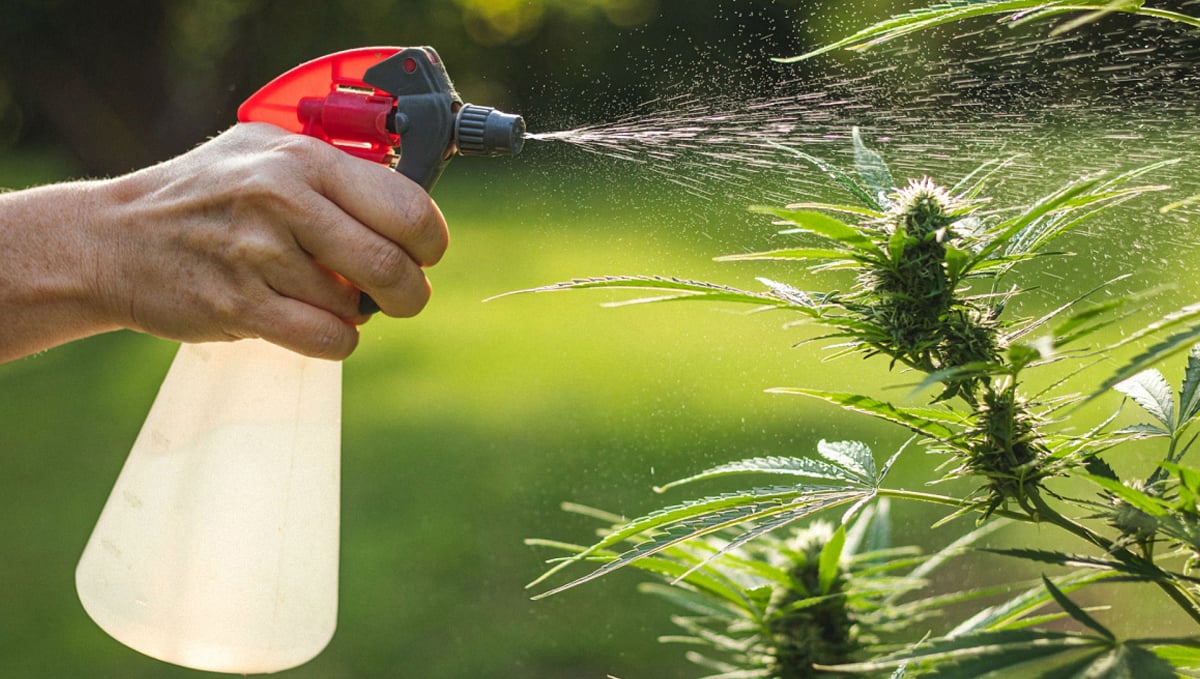
Foliar spray or leaf nutrition can also be used to enhance plant growth, making your plants stronger and their leaves thicker while protecting them against powdery mildew, bud rot (Botrytis), thrips, and spider mites among others.
Benefits:
- Healthier green matter;
- Greener leaves;
- Stronger stem and branches.
Not only does it protect against attack from pests and insects, it actually makes the plant itself less attractive to them. Foliar spraying with base nutrients or growth stimulators gives cultivators much more control in terms of application timing for deficiency issues, with foliar applications enabling the correction of deficiency damage before it develops into a full-blown issue with the possibility of yield and potency loss. Foliar feeding is also much more efficient than root zone feeding, meaning you can use much smaller amounts of the base nutrients or additives and still get the same results.
This is great for not just the budget-conscious among us, but also the environment. It can also be used effectively to prep crops that are expecting environmental stress such as the onset of morning frost, or heat stress from unseasonal heatwaves. For dosage, a rate of 20ml to 40ml for 10 liters of water is sufficient. You can spray as often as you feel is necessary, but BAC recommends once in the first week of full vegetative growth, and again in the 1st and 3rd week of the flowering period.
Pro Active
Pro Active contributes with different vegetable amino acids, vitamins, and vegetable proteins to provide for a more overall healthy growth; This product will improve root growth and structure, leaf health, and flower production while replenishing your substrate with beneficial microorganisms.
Benefits:
- Healthier leaves;
- Greener leaves;
- Stronger stem and branches.
The dosage is a little tricky with this one, as its swings wildly depending on the growth stage of your crop. During the vegetative growth period, you should mix 100 ml per 10 liters of water. But, for the flowering stage, you need to drop that right down to 1 - 3 ml per 10 liters of water.
After applying for input for some time, you’ll notice your plants develop a healthier and more robust appearance. Amino acids directly contribute to protein synthesis in plants—large molecules that help to build plant structure and build up and break down different molecules. Because plants need them to literally build themselves, you’ll notice surges in growth, and firmer and strong leaves and stems that are much more able to deal with the pressures of pests and adverse weather events.
Silica Power
As the name says, Silica power contains Silica which is used by the plant’s cells to develop denser walls, this way it’s easier for your plants to move around nutrients, resulting in less chances of nutrient deficiencies while helping regulate the pH of the medium and preventing fungal infections.
Benefits:
- Protects against stress;
- Overall stronger plants;
- Better bud quality and yields;
- Produces stronger cell walls;
- Denser flower formation.
For dosage, a rate of 1 to 3 ml per 10 liters of filtered water is perfect. SILICA POWER can be added to every single nutrient feed solution throughout the entire life cycle of your crop. Remember to always shake the bottle well before adding it to your nutrient mix.
F1 Extreme booster
F1 Extreme Booster is a flowering booster that provides what the buds need to grow big, dense, and full of terpenes during the last weeks of the flowering stage, resulting in a better-tasting and smelling harvest.
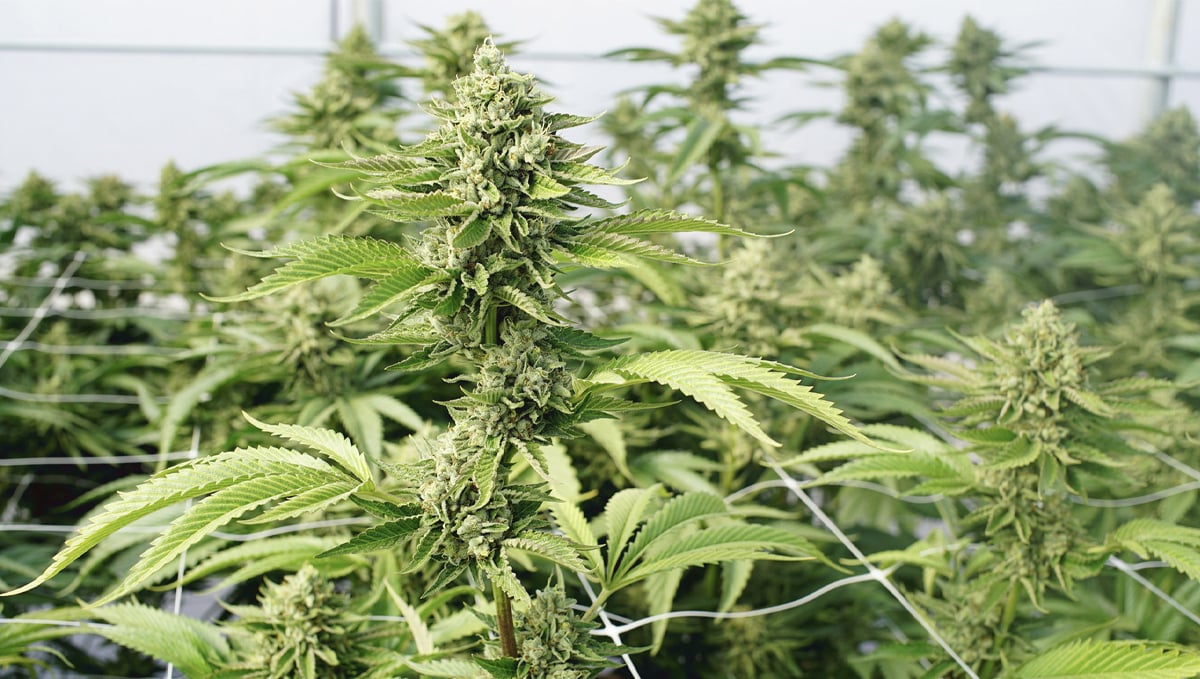
This is due to the top-quality ingredients and molasses, you can expect exceptional aromas and tastes after curing so make sure you check and adjust the environment in your drying room and that you cure your buds properly.
| Nitrogen (N) | Phosphorus (P) | Potassium (K) |
|---|---|---|
| 0 | 13 | 19 |
Benefits:
- Bigger and denser buds;
- Improved smell and flavor;
- Bigger yields.
This is a PK booster, and as such, the application timing falls into a small window during the flowering growth stage. It can be used with all mediums, and in any type of hydroponic setup. Shake it up well before adding it to the nutrient solution, and add a maximum of 30 ml per 10 liters of water. This can be applied in the 5th or 6th week of flower, for 3 to 5 feeds.
Final Solution
Final solution provides specific microorganisms that produce certain enzymes, ensuring that harmful elements such as chlorine (present in tap water for example) don’t affect your plant’s roots. The microorganisms provided by this product discards all harmful elements, providing your plant only beneficial nutrients, thus improving soil health.
Benefits:
- Reconditions soil;
- Prevents nutrient toxicity;
- Improved root growth.
After shaking up the bottle you should add 6 ml per 10 liters of water. It can be added to your nutrient solution and fed straight to the root zone. The first application can be done during the first week of veg growth, and again in the 1st and 5th week of flowering. Although BAC gives these specific timings for usage, it is fine to use at any time during the lifecycle of the crop if you suspect that the substrate needs reconditioning.
2. Base Mineral Products
Now that you know a bit more about their additives, here are their base mineral fertilizers for soil, coco, and hydro; Remember that you should use the products according to your substrate because each one provides macro and micronutrients in the right ratio for each type of setup.
Nutrients for Soil
One Component Soil Grow
1. Component Soil grow contains a highly-concentrated formula with refined trace elements, including everything your plants need in the vegetative stage in just one product, unlike other products which are often divided in two parts (A + B).

This product will result in better nutrient absorption, enhanced root growth, and bigger and stronger leaves and branches, preparing your plant for some big dense buds, just make sure you don't overfeed because it may end up stressing your plants, resulting in the opposite effect.
How and When to Use It
This product is designed to be used only during the vegetative growth period. The dosage is 25 - 35 ml per 10 liters of water, and you should be getting an EC reading of 1.6
| Nitrogen (N) | Phosphorus (P) | Potassium (K) |
|---|---|---|
| 7 | 1 | 4 |
One Component Soil Bloom
1 Component Soil Bloom provides everything your plants need in the flowering stage when growing in soil, allowing your plant to develop dense, resinous, and flavorful buds while enhancing root growth and nutrient absorption, and when combined with the products you’ll see in the schedule up next, you’ll get exceptional results.
How and When to Use It
Only to be applied during the flowering growth period at a rate of 30 - 45 ml per 10 liters of water. The EC readings should be anywhere between 1.8 and 2.2, it just depends on which week of flowering you are currently at.
| Nitrogen (N) | Phosphorus (P) | Potassium (K) |
|---|---|---|
| 6 | 1 | 4 |
Have in mind that these nutrient doses are based on the recommended growing conditions, which you'll read further into the article; It's possible that you have to adjust these amounts depending on the temperature and humidity in your growing space.
B.A.C Mineral Feeding Schedule For Photoperiodics in Soil (ml/L)
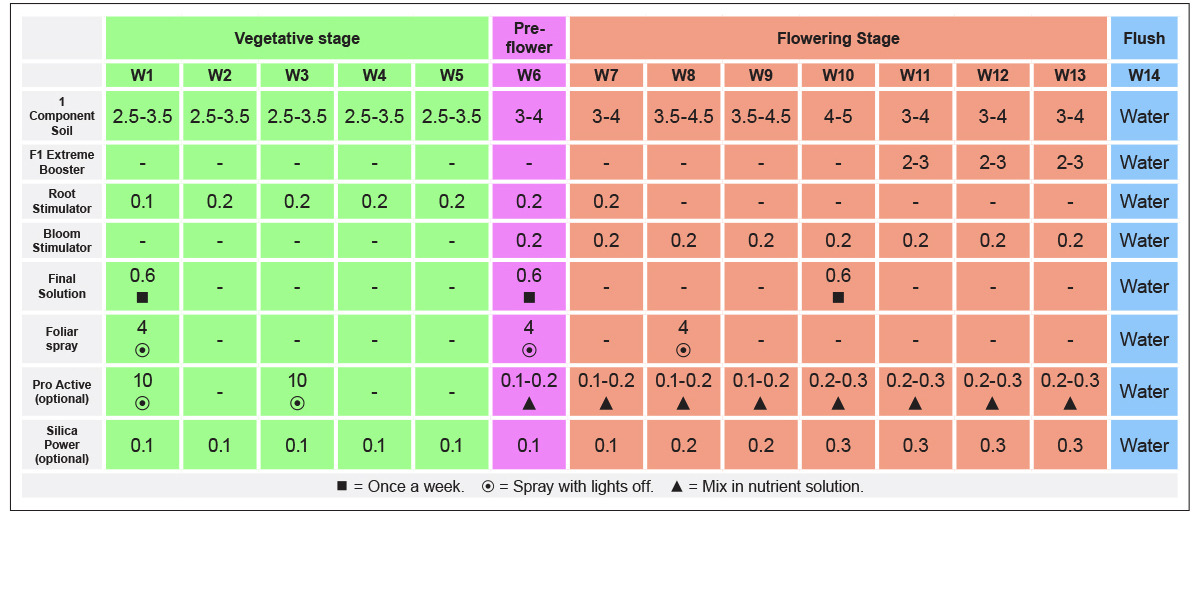
Have in mind that the amounts in both tables are based on the conditions the manufacturer advises, it's possible that if your growing conditions are different you’ll have to change the amounts or adjust your growing conditions.
Nutrients for Coco and Hydro
Now, if you grow in hydro, either soil or soilless, here’s what you’ll need for your setup, make sure you’re using the right products for your setup because both of them have different NPK ratios designed for the best results possible in your type of grow.
Coco Grow A + B
Coco Grow is a two-part fertilizer designed for the vegetative stage when growing in coco fiber, this product contains everything your plants need to grow strong and healthy, and thanks to the high-quality ingredients, results in better nutrient absorption.
| Coco Grow A | ||
|---|---|---|
| Nitrogen (N) | Phosphorus (P) | Potassium (K) |
| 12 | 0 | 1 |
| Coco Grow B | ||
|---|---|---|
| Nitrogen (N) | Phosphorus (P) | Potassium (K) |
| 4 | 3 | 4 |
How and When to Use It
Only to be applied during the vegetative growth stage, at a rate of 25 - 35 ml per 10 liters of water. EC readings should be at 1.6
Coco Bloom A + B
Coco Bloom A + B is a two-part fertilizer that provides everything your plants need during flower formation, allowing you to maximize your harvest due to the ideal NPK ratio and trace elements it contains that results in bigger and denser buds.
| Coco Bloom A | ||
|---|---|---|
| Nitrogen (N) | Phosphorus (P) | Potassium (K) |
| 10 | 0 | 2 |
| Coco Bloom B | ||
|---|---|---|
| Nitrogen (N) | Phosphorus (P) | Potassium (K) |
| 3 | 2 | 3 |
HOW AND WHEN TO USE IT
Only to be used during the flowering growth period. The dosage should be 30 - 50 ml per 10 liters of water with the EC reading sitting between 1.8 and 2.2, depending on the week of flower
Hydro Grow A + B
Hydro grow A+B is very similar to the products mentioned above for coco fiber but designed for hydroponic growers, specially made for any hydro setup, this fertilizer is 100% water-soluble and won’t clog your equipment while maximizing plant growth due to its NPK ratio.
| Hydro Grow A | ||
|---|---|---|
| Nitrogen (N) | Phosphorus (P) | Potassium (K) |
| 12 | 0 | 1 |
| Hydro Grow B | ||
|---|---|---|
| Nitrogen (N) | Phosphorus (P) | Potassium (K) |
| 4 | 3 | 5 |
How and When to Use It
This is a vegetative growth stage nutrient mix, so do not use it during the flowering stage. A dosage of 25 - 35 ml per 10 liters of water with an EC reading of 1.6
Hydro Bloom A + B
Just like Hydro Grow A+B, Hydro bloom A+B is a product designed for hydro but for the flowering stage, this product provides excellent results in all types of hydroponic setups, including soilless setups, allowing your plants to produce super dense buds while enhancing taste and aroma.
| Hydro Bloom A | ||
|---|---|---|
| Nitrogen (N) | Phosphorus (P) | Potassium (K) |
| 12 | 0 | 3 |
| Hydro Bloom B | ||
|---|---|---|
| Nitrogen (N) | Phosphorus (P) | Potassium (K) |
| 3 | 3 | 4 |
How and When to Use It
Only to be used during the flowering growth stage, at a rate of 30 - 50 ml per 10 liters of water. The EC readings should sit in between 1.8 and 2.2, depending on the week of flower that the crop is in.
Remember that these EC levels are what the company recommends and may vary according to your setup, if you're growing in recirculating systems you should adjust the chart so it better suits your setup and if you're still not sure, you can always check online for more information.
B.A.C Mineral Feeding Schedule For Photoperiodics in Coco and hydro (ml/L)
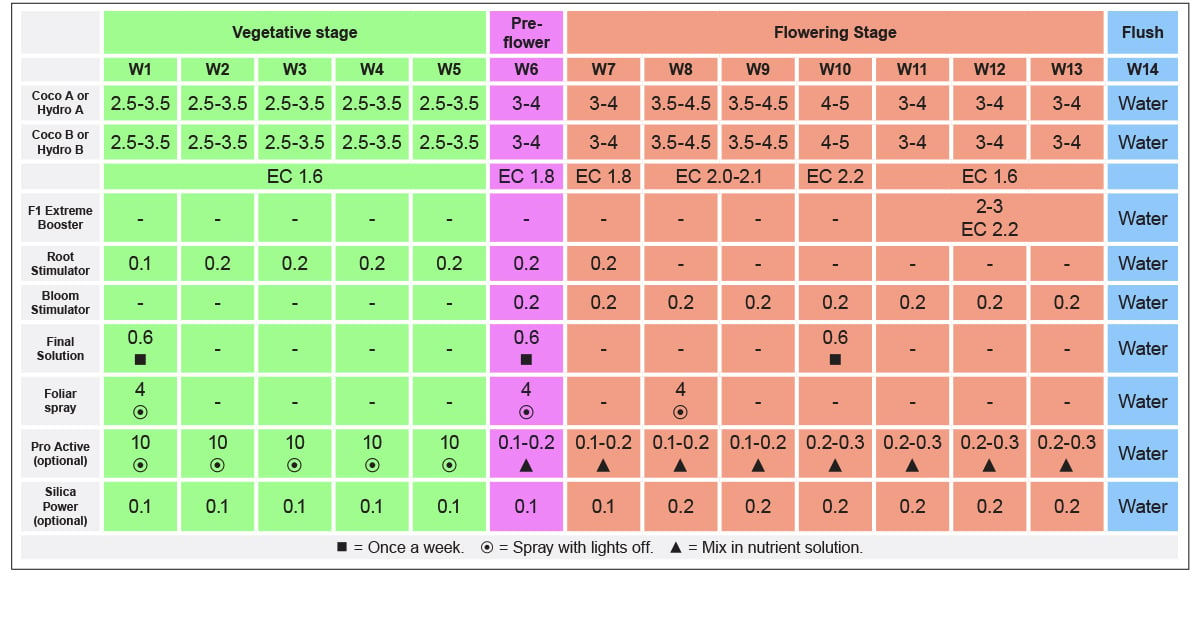
Always remember that the amounts may differ depending on your growing setup and your growing conditions, this is just a general guideline to give you a base and increase or decrease the nutrient dose depending on how well your plants perform.
3. Organic Products
Apart from the mineral line and additives, B.A.C also offers a 100% organic fertilizer line for those who prefer growing organically, all of these products can be used in soil and coco but may end up clogging your hydro setup so they’re not recommended for hydroponic growing.
Organic Grow
Organic grow contains everything your plant needs to grow strong and healthy during the vegetative stage while also stimulating root growth and feeding the beneficial microorganisms in the soil, resulting in faster plant growth and increased protection against mold.
| Nitrogen (N) | Phosphorus (P) | Potassium (K) |
|---|---|---|
| 7 | 2 | 3 |
Organic Bloom
Organic bloom is a 100% natural fertilizer designed for the flowering stage; This product provides beneficial microorganisms that help oxygenate the root zone, thus resulting in an overall better bud quality while increasing resistance your plants against thrips and spider mites without running the risk of overfeeding.
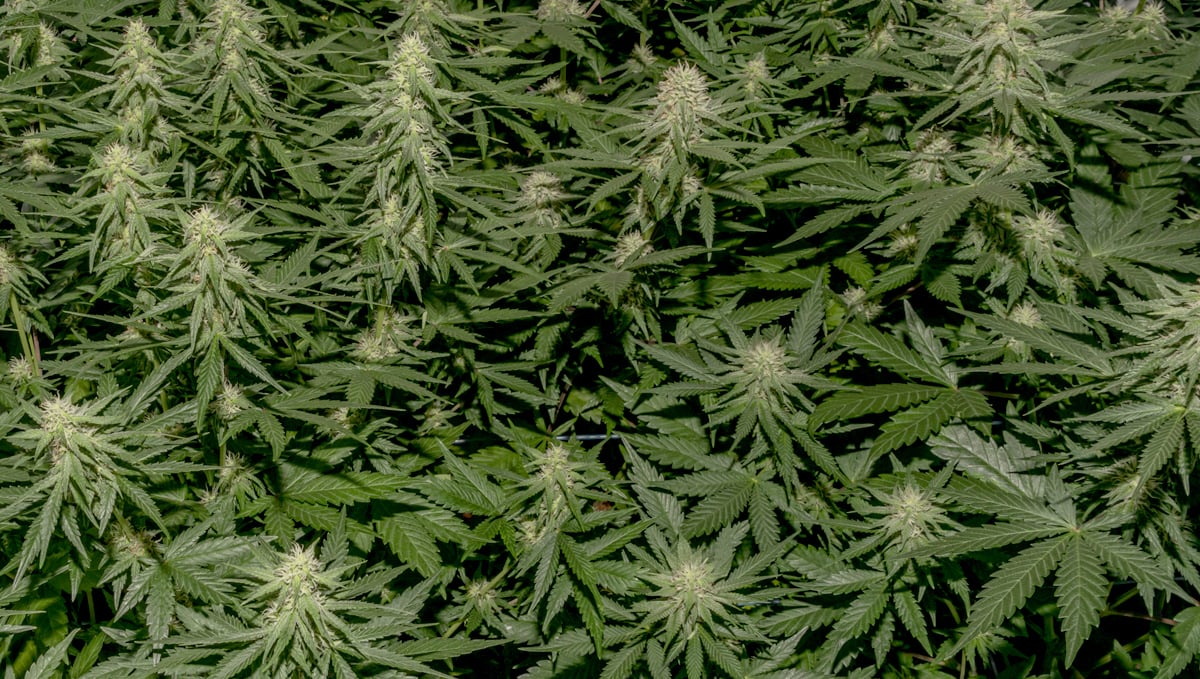
Just have in mind that increasing resistance does not mean that pests will not attack your plant, you still have to keep an eye on your crop but it can be easier to deal with bugs if you spot them early.
| Nitrogen (N) | Phosphorus (P) | Potassium (K) |
|---|---|---|
| 6 | 5 | 6 |
PK Booster
PK booster is a 100% organic booster designed for enhancing flower formation and quality, this product provides just what your plants need for healthy bud production, improving flavors and aromas while promoting bigger yields.
| Nitrogen (N) | Phosphorus (P) | Potassium (K) |
|---|---|---|
| 4 | 2 | 8 |
Due to being 100% organic, it’s harder to get nutrient lockout so feel free to increase or decrease the nutrient dose based on how your plants develop, just make sure to start with a lower dose and increase it gradually so you know how much your plants can't take without stressing your plants.
B.A.C Organic Feeding Schedule For Photoperiodics (ml/L)
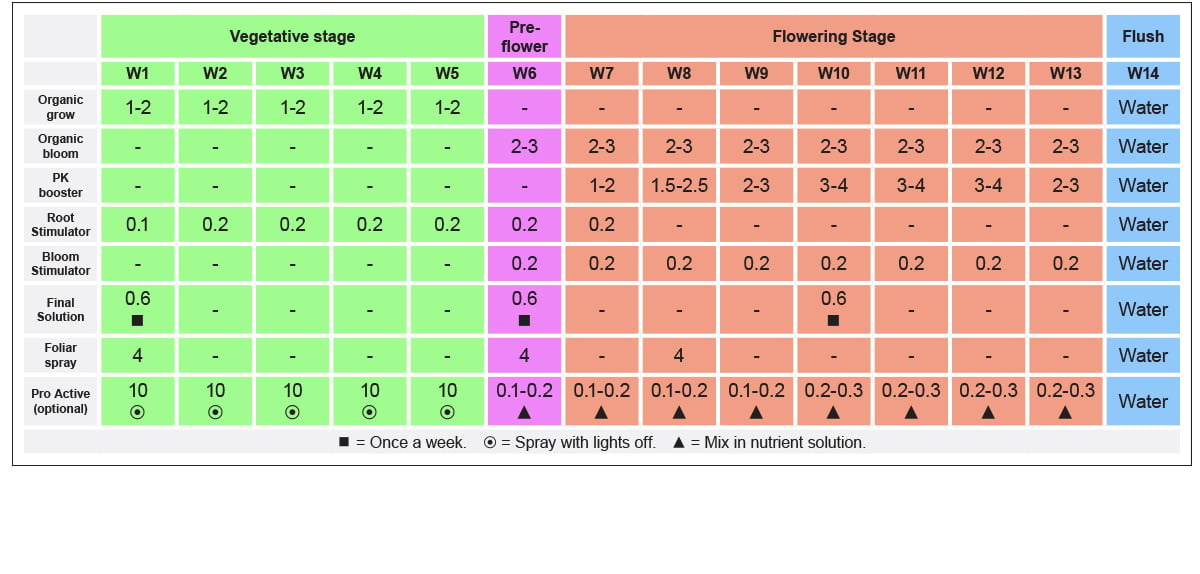
Just remember that you can always add more but once you’ve fed your plants there’s no way to take back the nutrients, so we always recommend starting with a lower amount, for example, in week one where it says 1-2ml it's recommended you start with 1ml and only start feeding with 2ml after a couple of feedings.
4. What About Autoflowers?
For those of you growing autoflowers, here is the feeding schedule for growing autoflowers in soil, this table for autoflowers recommends starting with 1/3 of the dose and then increasing it to 1/2, which should be okay for most strains, but if you’re growing a heavy feed or a strain that’s a bit more sensitive to nutrients, you should increase (or decrease) the amounts.
B.A.C Mineral Feeding Schedule For Autoflowers in Soil (ml/L)
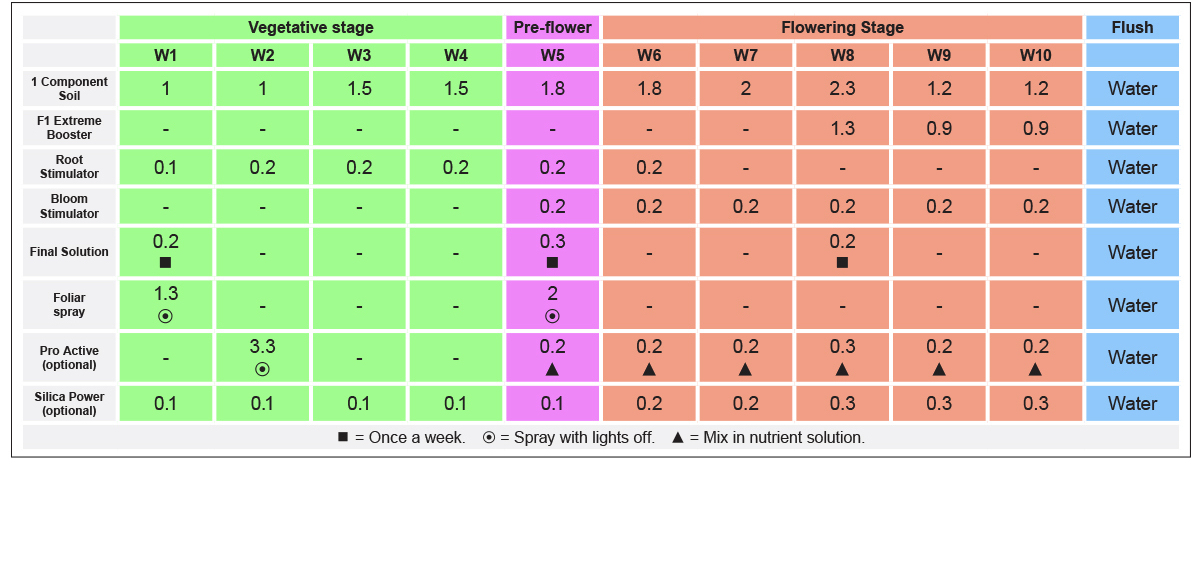
Have in mind that this table is a general guideline, some strains can be more sensitive to nutrients so we recommend keeping an eye on your plants to avoid overfeeding, and if necessary, decrease the nutrient dose. Now, if you’re dealing with a heavy feeder it’s possible that your plant needs more food so make sure you pay attention and increase the dose to avoid underfeeding.
B.A.C Organic Feeding Schedule For Autoflowers (ml/L)
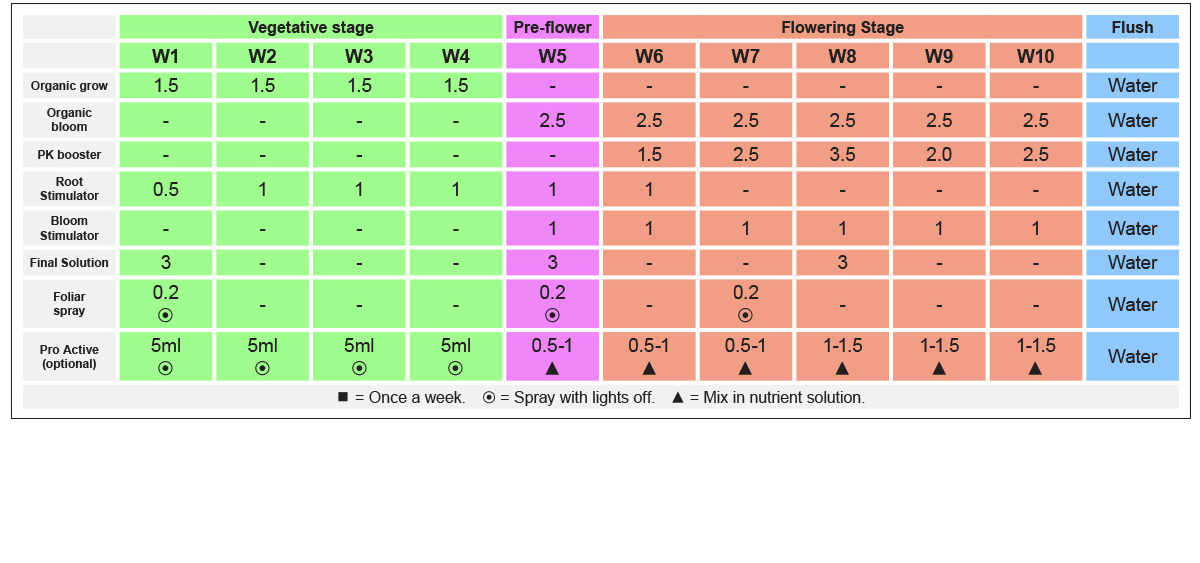
Remember that these amounts are based on the conditions B.A.C recommends, so if your growing conditions differ you will have to adjust your growing environment or adjust the nutrient dose according to how your plants react.
5. Recommended Growing Conditions
Have in mind that the amounts in both of these tables may vary according to your growing conditions, B.A.C recommends the ideal temperature, humidity, and pH for the best results when using these amounts, so here’s a table to help you better:
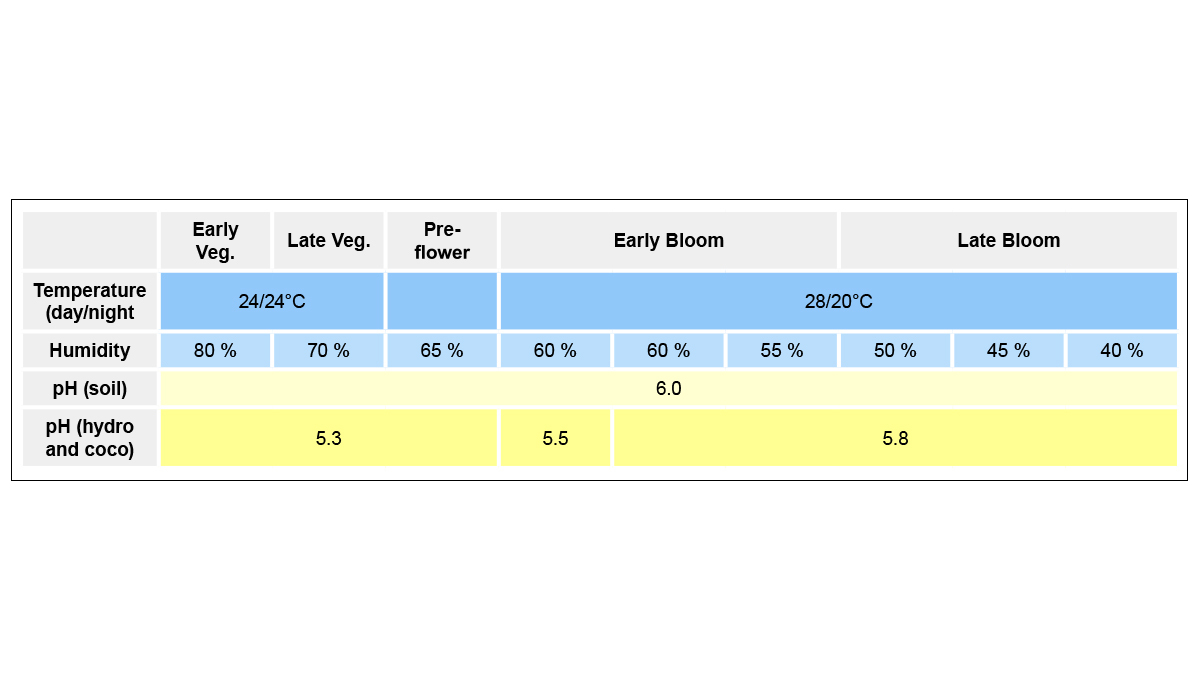
If you're growing conditions differ, you will have to adjust the amounts of your growing conditions for the best results. Also, have in mind that when growing organically there’s no need to check and adjust the pH as long as you check the pH of the water source you’ll be using before starting your grow cycle due to the microorganisms in B.A.C organic products regulating the pH of the soil, so make sure it’s in the 6.0-7.0 range and you won’t have to worry.
6. In Conclusion
B.A.C offers fertilizers of all kinds and for all growing setups you can imagine, it doesn’t matter how you’re growing; Make sure you use the product that better suits your setup and read the labels before starting your grow cycle. If you’ve grown with B.A.C nutrients before please share your tips with fellow growers, or if you have questions that we’ve not answered in this blog, feel free to leave a comment in the comment section below!







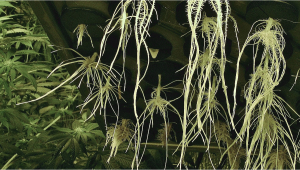







Comments